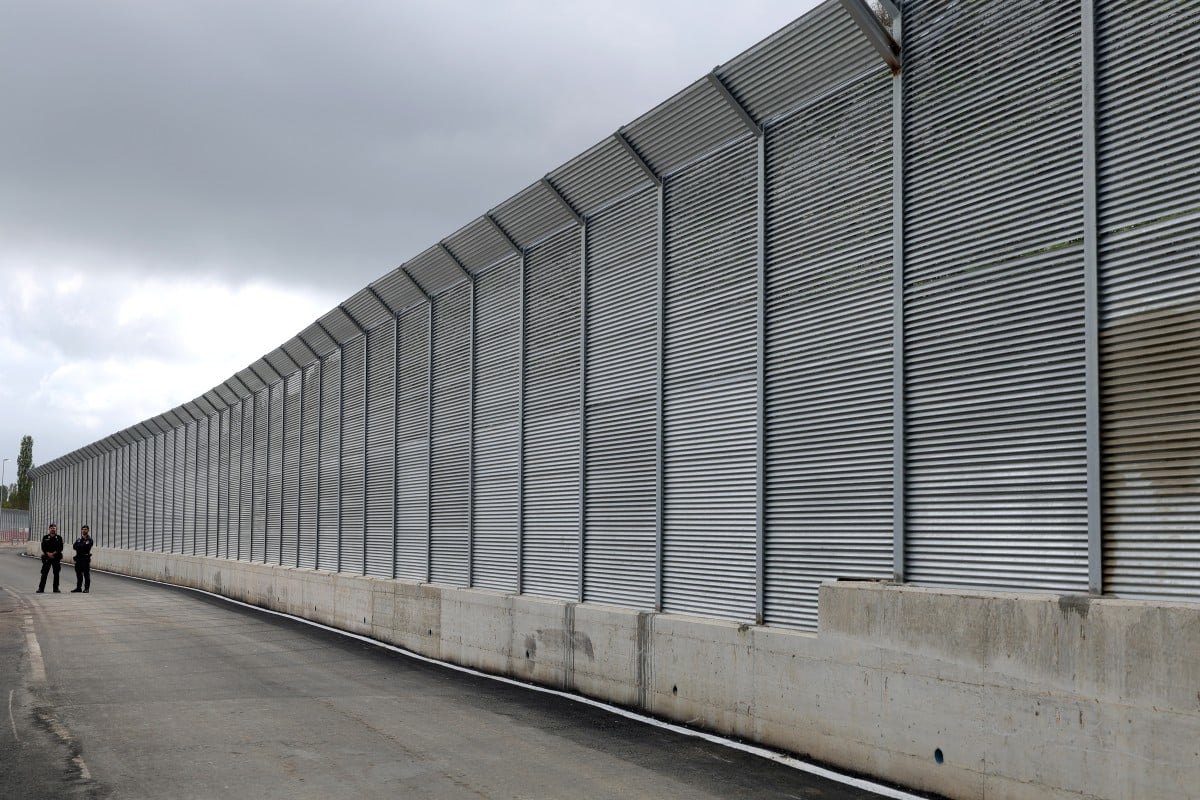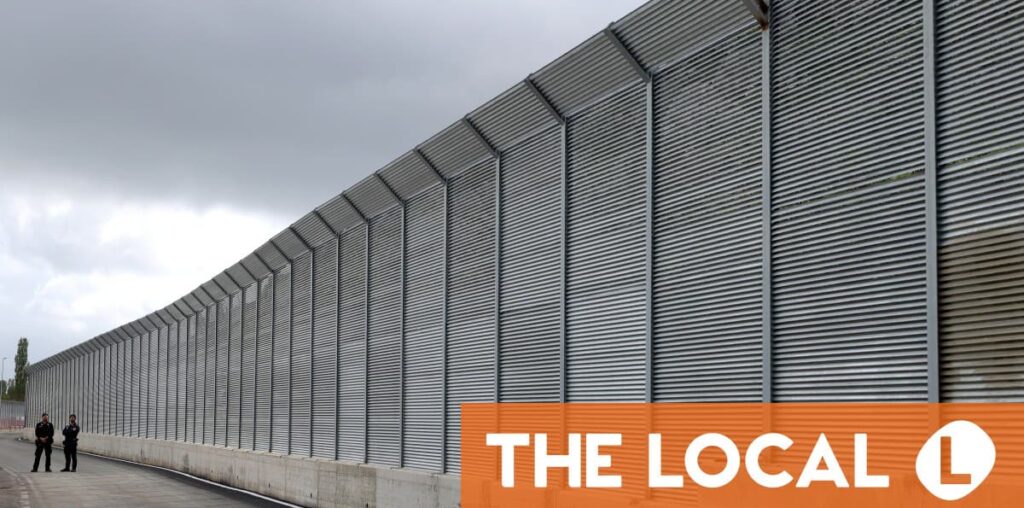
The Italian navy’s Libra patrol vessel set off with the first asylum seekers on Monday, a government source told AFP, without specifying how many people were on board.
The vessel is to arrive on Wednesday, La Repubblica reported. It said the passengers came from Egypt and Bangladesh.
Prime Minister Giorgia Meloni took office in October 2022 on a promise to stop the thousands of migrants who land on Italy’s shores every year from North Africa.
In November of last year, she agreed a deal with Albanian counterpart Edi Rama to process some asylum seekers in his country – which is not part of the European Union.
READ ALSO: Italy’s controversial migrant centres in Albania ‘ready’
The five-year deal, estimated to cost Italy 160 million euros a year, covers adult male migrants intercepted by Italian navy or coastguard vessels in international waters, but within Italy’s search and rescue area.
They are to be transferred to a military ship for an initial screening at sea.
From there, a decision will be made as to which migrants are from countries considered “safe”, which, in theory, simplifies repatriation.
Advertisement
On arriving in Albania, they will be transferred to a centre in the northern port of Shengjin for registration and health checks, and then sent to a centre in Gjader to wait for their asylum claims to be processed.
The Gjader facility includes a section for migrants whose asylum applications have been rejected, as well as a small jail.
The migrant centres will be run under Italian law, with Italian security and staff. Migrants considered vulnerable under EU law, including minors, women, people with mental health issues or victims of torture, abuse or human trafficking, are exempt from the scheme, and will be processed in Italy.
When the deal was first announced, the Italian government said the centres would accommodate up to 3,000 people at a time, but media tallies suggested the current number of beds was less than half that.
Italy’s centres in Albania are opening just ahead of an EU summit in Brussels this week, in which migration will be discussed, including increasing and speeding up returns of migrants who do not qualify for asylum.
Advertisement
The Italian deal has been criticised by human rights groups, who question whether Albania will offer enough protection for asylum seekers.
On Saturday, Interior Minister Matteo Piantedosi called the facilities “light detention” centres.
“There is no barbed wire, there is assistance,” he said.
“Everyone can apply for international protection and receive a response in a few days,” he added.
However, Italy’s UILPA prison guards’ union – whose guards will be used in Albania – cautioned that Piantedosi’s assessment was over-optimistic, with the water and electricity supply not yet fully functional.
Illegal immigration has been a prime target of Meloni since her Brothers of Italy party won the general elections in 2022.
Besides Albania, Meloni’s government has inked a deal with Tunisia, granting aid in exchange for greater efforts to stop Italy-bound migrants who leave the North African country to cross the Mediterranean.
Italy has also renewed a 2017 deal with the UN-backed Libyan government in Tripoli. Rome provides training and funding to the Libyan coastguard in order to stem departures of migrants or return to Libya those already at sea.

